- ‘Lies, damned lies etc…’ - 13th February 2026
- Missing in action - 12th February 2026
- Travel news again - 11th February 2026
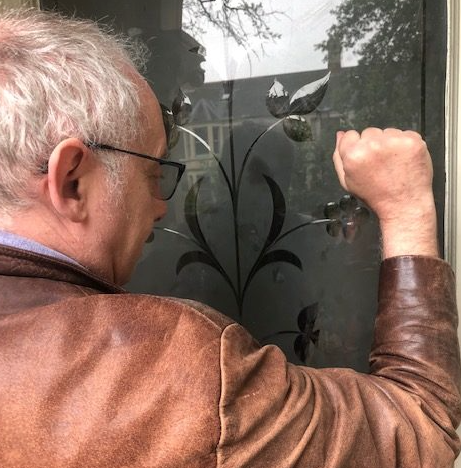
Here our Editor Phil Parry looks at the continued downward spiral for one of the main newspapers in Wales where he started his journalistic career.
Earlier Phil has described how he was helped to break into the South Wales Echo office car when he was a cub reporter, recalled his early career as a journalist, the importance of experience in the job, and making clear that the ‘calls’ to emergency services as well as court cases are central to any media operation.
He has also explored how poorly paid most journalism is when trainee reporters had to live in squalid flats, the vital role of expenses, and about one of his most important stories on the now-scrapped 53 year-old BBC Wales TV Current Affairs series, Week In Week Out (WIWO), which won an award even after it was axed, long after his career really took off.

Phil has explained too how crucial it is actually to speak to people, the virtue of speed as well as accuracy, why knowledge of ‘history’ is vital, how certain material was removed from TV Current Affairs programmes when secret cameras had to be used, and some of those he has interviewed.
He has disclosed as well why investigative journalism is needed now more than ever although others have different opinions, how the current coronavirus (Covid-19) lockdown is playing havoc with media schedules, and the importance of the hugely lower average age of some political leaders compared with when he started reporting.

I write this in sorrow AND in anger!
The latest circulation figures show that the South Wales Echo (where I started as a journalist in 1983) is now selling just 8,500 a day and some are questioning its very future as a paid-for newspaper.
Yet when I began there, the circulation was 10 times that figure and it was the biggest-selling newspaper produced in Wales.
Even before these latest shocking statistics were announced, it appeared that the Echo was doing something VERY wrong.

The Daily Post (a morning paper which serves North Wales), in 2019 was on 16,327, but regional morning papers traditionally sell LESS than evening newspapers!
The lockdown has simply made worse a historic decline for the South Wales Echo.
In 1979 it was on 120,000 and 1997 74,246, while even in 2005 the circulation was 57,852.
Today it has arrived pitifully at a few thousand.
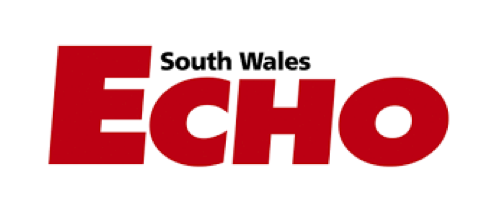
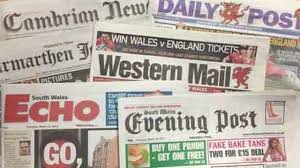
This comes hard on the heels of a controversial announcement to axe even more jobs there.
The Echo is owned by the UK’s largest newspaper group, Reach, which also owns the Western Mail among many other titles, as well as the WalesOnline website (all in the Media Wales stable), and the company last month revealed plans to cut 550 staff (or around 12 per cent of its workforce).
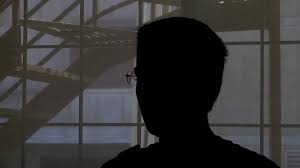
One journalist on the publications told The Eye: “Everyone thinks their job is now on the line and this all spells the end for the Mail and the Echo being paid-for papers”.
A journalist and leading media commentator in Wales said: “The Echo is very close to the point where it’s no longer worth publishing it”.

Simon Thomas, a rugby correspondent for the Western Mail, South Wales Echo, Wales on Sunday and WalesOnline, tweeted that he may not be seen soon.
Meanwhile in an email to staff in July, Reach Editor-in-Chief Lloyd Embley and group Chief Operating Officer the Editor-in-Chief of Media Wales and Editor of the Western Mail, Alan Edmunds (known as ‘The Jockey’ because of his short stature), said the “transformation” plans would have implications for “everyone in our editorial, circulation and printing teams – both regionally and nationally”.

They said the heart of this ‘transformation’ was the creation of a “single editorial division, rather than the current nationals and regionals split” with the same for circulation teams.
Across editorial and circulation departments on UK publications, staffing numbers are expected to plummet, with roles potentially put at risk in order to “conduct a fair process”.
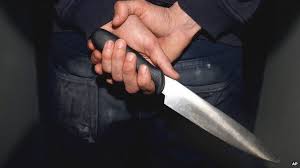
The cutbacks are part of changes intended to deliver savings of £35 million a year at a one-off cost of £20 million.
As of 2019 Reach employed 2,598 journalists and editorial staff across 150 press brands.
Apart from the Western Mail and South Wales Echo, titles include the Daily Mirror and Daily Express, as well as the Manchester Evening News and Birmingham Mail.
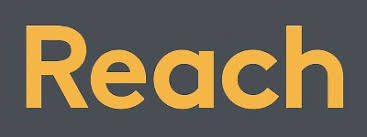

Major issues surrounding the lockdown have exacerbated huge difficulties already in place for newspapers, and in the usual business-speak, Guardian Media Group (GMG) Chief Executive Officer David Pemsel, has said: “The media sector remains challenging (an understatement!).
“However, our reader revenues are growing well, our advertising proposition remains strong, and more people are reading us than ever before.”
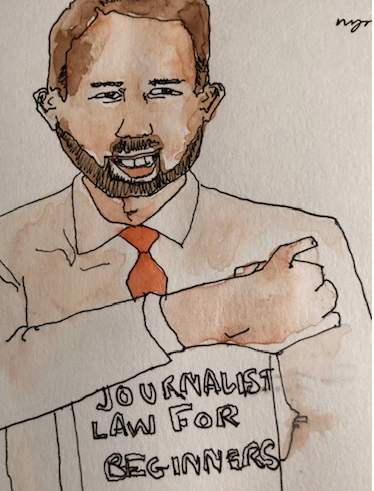
In Wales, though, disastrous circulation figures have plunged even further during the lockdown.
The hit rate for the website WalesOnline, is far greater than the circulation numbers for traditional newspapers, and this was thought to provide a way forward.
But knowledge of the journalist libel laws among executives here is apparently sketchy, and the Editor Paul Rowland threatened to sue me for an accurate satirical piece on The Eye.
In December 2016 Mr Rowland warned: “I am placing it (the satirical article) in the hands of our lawyers”, and used the extraordinary words “satire is no defence against libel”, when in fact it can be.
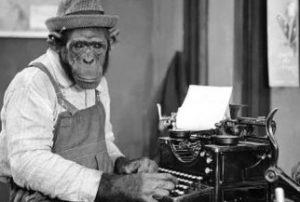
Mr Rowland also has an interesting view on what constitutes journalism.
On his website, he advised a reader anxious to break into journalism: “You might not be interested in ’19 mouth watering street food dishes and where to find them in Wales’, and you might believe it’s not something we should be writing (I wouldn’t agree, but that’s fine). That doesn’t mean it’s clickbait.”

This sort of comment comes as the circulations of all local newspapers continue to collapse as the internet makes serious inroads into readerships, but the situation in Wales is particularly bad.
The Western Mail for example used to be the ‘paper of record’ for Wales and even in 2013 it was selling 22,854 a day.

Last year it was selling just 10,341.
Apart from being once the biggest selling paper produced in Wales, the South Wales Echo serves the largest city in Wales (Cardiff) as well as some of its main valleys, so has the most potential market.
When I started on it, there were dozens of journalists at head office in Cardiff, as well as a host of district offices.
 In the Bridgend office for example there was four reporters.
In the Bridgend office for example there was four reporters.
Yet now the South Wales Echo is a shadow of its former self.
Appalling…
Tomorrow – why the South Wales Echo and the recommended ‘journalism’ in Cardiff accused of being clickbait, have hit the UK headlines.
The memories of Phil’s astonishing 37-year award-winning career in journalism (including his time in newspapers like the South Wales Echo) as he was gripped by the rare neurological disabling condition Hereditary Spastic Paraplegia (HSP), have been released in the major book ‘A GOOD STORY’. Order the book now!









